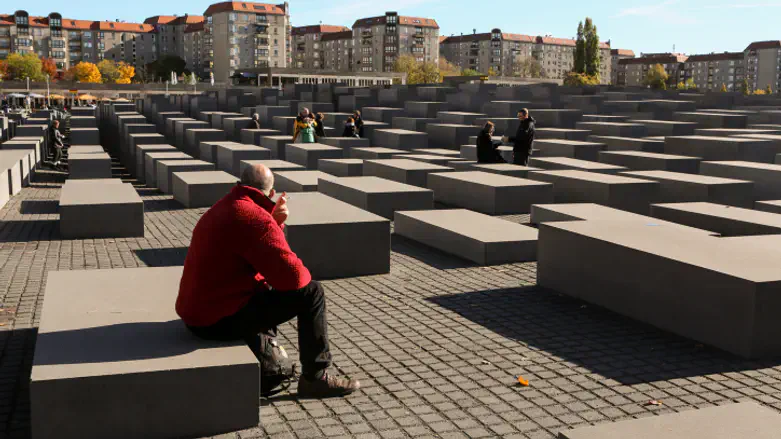
Oriana Marie Krugeris Director of European Affairs for the Combat Antisemitism Movement.
On Friday morning, I woke up to images that should have been unimaginable in modern-day Europe. Visiting Israeli soccer fans were brutally targeted in an organized series of violent street attacks after a match between Maccabi Tel Aviv and host Ajax Amsterdam. As the Israelis were leaving the stadium on their way home, they were set upon by mobs chanting “Free Palestine,” and were beaten, stabbed, run over by cars, and even thrown into canals.
Video footage showed victims still being assaulted while lying motionless on the ground. At least five suffered injuries that required hospitalization, and there were frantic hours-long searches for many who lost contact with others in their traveling parties.
These were not isolated incidents of random violence. They were organized and premeditated.
Just two days before the 86th anniversary of the Kristallnacht pogrom, the streets of Europe were once again the scenes of dark horrors painfully reminiscent of the Nazi era.
As a German citizen, witnessing what transpired in Amsterdam on Thursday night made my stomach turn, and left me feeling helpless and hopeless. The shame is shatteringly overwhelming.
For decades, we told ourselves that we would never let such evil recur, vowing “Never Again.” We built a culture of remembrance, and we believed that education and memorials would keep our societies safe from antisemitism. Yet, the violence in Amsterdam should make us ask critical questions. Have we become too comfortable in our remembrance? Have we, Germans and Europeans alike, become deluded by a false sense of complacency that such acts could “Never Again” happen on the streets of our cities?
To me, the horror of the Amsterdam pogrom is not that it took place, but that it occurred after a year of surging antisemitism, with Jewish communal leaders and monitoring organizations regularly sounding the alarm about the growing threat. Thursday night’s events showed that these warnings have not been taken seriously enough by European policymakers and law enforcement bodies, and this must serve as a wake-up call for us all.
It is time that we fully recognize anti-Zionist forms of antisemitism when they cross the line from legitimate criticism to hate and protest to pogrom, for what they are – antisemitism plain and simple. It is time to monitor and ban the vitriolic social media posts and messaging services that were used to incite and organize this violence.
This is a call for not only European governmental bodies, but also for social media companies, influencers, and activists to understand the grave responsibility they hold. Content posted online or shared via apps such as Telegram are not harmless outlets for frustration – they are powerful catalysts for dangerous real-life harm and destruction. Every unchecked call for violence on these platforms inches us closer to a society where intolerance is no longer an outlier but the norm.
It is time that we understand that “Globalize the intifada” is a war cry. We’ve allowed such rhetoric to become normalized, turning words into weapons.
It is time that we realize verbal threats lead to actual violence on the streets.
It is time to finally comprehend that violent acts against Jews cannot be brushed off as isolated incidents.
It is time to demand action, not passive concern.
We must insist that our governments, at the national, regional, and local levels, our social media platforms, and our own communities confront antisemitism, in all its contemporary forms including anti-Israel hatred, head-on.
If we truly believe in “Never Again,” this is our moment to act.